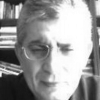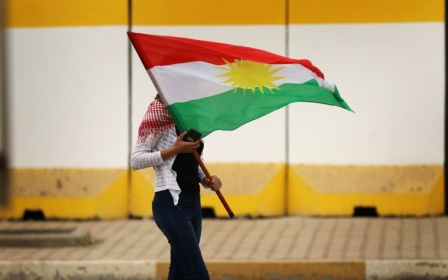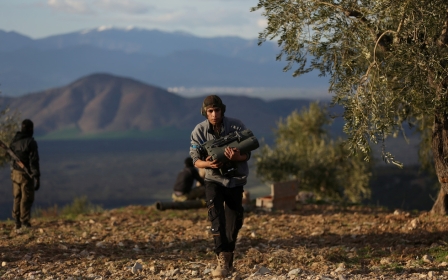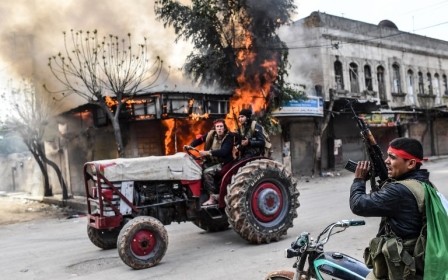Why the PKK is not qualified to steer the Kurdish ship to shore
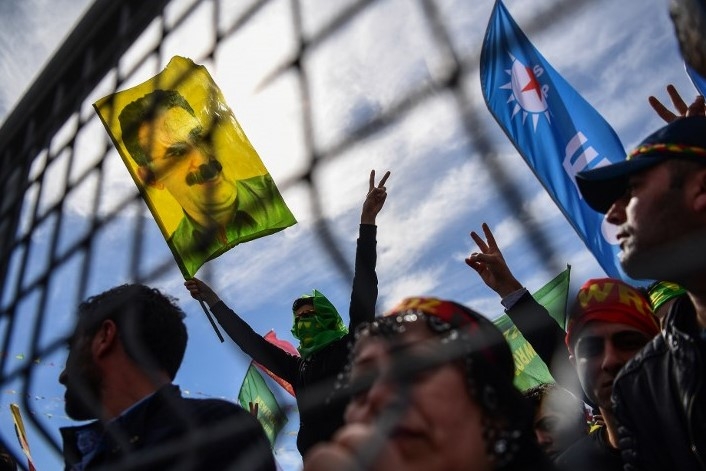
It would seem that the Turkish-Syrian "Olive Branch" operation has accomplished its military objectives: control over the Afrin region by the Democratic Union Party (PYD), the Syrian wing of the Kurdistan Workers’ Party (PKK), has come to an end.
It seems that the People's Protection Units (YPG), the armed wing of the PYD, put up little resistance to Turkish forces and their Syrian allies. As soon as Turkish troops and the Free Syrian Army (FSA) approached the outskirts of Afrin, the PYD's armed elements dissolved among the civilian population and fled the city.
The claim that the YPG withdrew out of concern for the lives of civilians does not accord with the history and behaviour of the PYD, neither in Afrin nor in other parts of northern Syria and southeastern Turkey. The group imposed its will in Kurdish-majority regions of Turkey and Syria through the use of force and shedding the blood of Kurds, before shedding the blood of Turks and Arabs.
A final settlement
In Turkey, the PKK never hesitated to kill Kurdish Islamists and assassinate Kurdish teachers, bakers, village chiefs and petrol station managers who did not submit to the group's orders.
In Syria, the PYD has in recent years assassinated, imprisoned or banished leaders and activists affiliated with the Kurdish National Council. When circumstances enabled it to seize control of villages and towns where Kurds, Turkmen and Arabs had coexisted for many years, the PYD did not refrain from expelling Arabs and Turkmen.
Between September 2015 and March 2016, the PKK fought a real war against the Turkish state in Kurdish-majority cities in what was named "the uprising of trenches and barricades"
The people of Tal Rifat, who demonstrated last month to urge Turkey and the FSA to liberate their area from the PYD, had been forced out of their homes after the group seized control in early 2016 with the help of Damascus.
Civilians mean very little to this party: intricate defences built in Afrin indicate prior planning for fighting inside the city, but the rapid collapse of PYD units in the countryside instilled panic, illustrating the inability of PYD/PKK leaders in the Qandil Mountains to accurately assess the situation.
Such miscalculation is not new. Five years ago, on 21 March 2013, thousands of Kurds gathered in the main square of Diyarbakir to celebrate Nowruz and listen to a message from Abdullah Ocalan, the PKK's imprisoned leader. Ocalan's message was explicitly supportive of a project, championed by then prime minister Recep Tayyip Erdogan, to reach a final settlement for the Kurdish problem in Turkey.
The government adopted a series of measures aimed at meeting the legitimate rights of the Kurds, and facilitated communications between Ocalan and PKK leaders. An unprecedented effort to develop southeastern Turkey was sponsored by state agencies and large private-sector firms.
A nationwide dialogue was launched, in which politicians, academics and opinion leaders prepared for legislative amendments to end the conflict and transform the Turkish republic into a state of all its citizens.
Methodological deception
In October 2014, the PKK took the ruling Justice and Development Party by surprise when it triggered a series of demonstrations and bloody attacks across the country's southeast to protest the siege imposed by the Islamic State (IS) on the Syrian town of Kobane, killing dozens. In July 2015, the PKK declared an end to the peace process.
In the ensuing months, Turkish security agencies discovered that the PKK had been engaged in a policy of methodological deception throughout the two years of truce. Instead of withdrawing weapons and armed elements from the country, as stipulated by the deal with the Turkish government, the PKK was in fact rebuilding its armed cells and amassing weapons and explosives.
The Kurdish question
New MEE newsletter: Jerusalem Dispatch
Sign up to get the latest insights and analysis on Israel-Palestine, alongside Turkey Unpacked and other MEE newsletters
Middle East Eye delivers independent and unrivalled coverage and analysis of the Middle East, North Africa and beyond. To learn more about republishing this content and the associated fees, please fill out this form. More about MEE can be found here.


